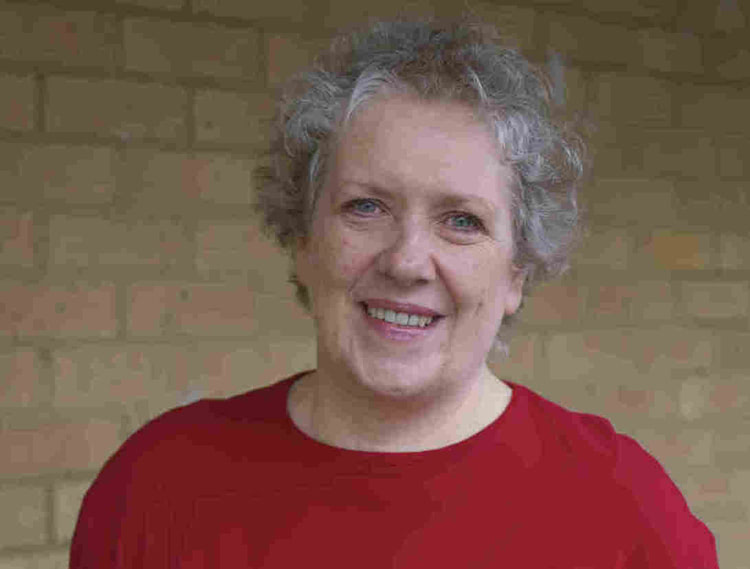September Is Almost Here: September can be an uncertain time, whatever you do in #FE

September Is Almost Here?
Anyone who has worked in FE knows just how important any, and every, September is.
Will enough people come forward to enrol?
Will those who enrol stay the course?
Will the groups you want to run, actually run?
September can be an uncertain time, whatever you do in FE.
Enough Enrolments?
It’s almost time for course leaders and course managers to start to work out if applicants have the right entry qualifications for their programmes, if they will choose the best courses to follow or if they want to enrol at college to avoid something they dislike even more than FE.
How many groups will there be studying a particular subject? Come September, will there be one group, two groups or more?
Will staff need to prepare new set texts or additions to a syllabus or even work with a new syllabus? In my field, set texts were always changing and I’m not sure if I ever taught the same set text in more than one year.
What Is Popular?
Anyone starting a course in September must consider his or her choices carefully and that will inevitably involve you as someone who knows about FE and is a leader in FE.
Sometimes the choices students make are not related to what they really want to do. You can help.
A typical comment is:
“I’m not bothered about the subjects. I want to work with my best friend.”
Friendship may be an important factor at the beginning of a course, but will friendship be as important later on?
Long before enrolment you need to think about what is going to be popular with new students: what generation after generation of students like and continue to like.
Do you know what is popular today? I can remember that every one in my classes loved: To Kill A Mockingbird. The year I taught that text I read the court scene aloud more than once and every one in the room listened, spellbound.
Age affects what students like, too. It can be a very strange experience working in the daytime with seventeen year olds and then, come seven in the evening, on the same day, starting work with adults.
Different groups of students have different levels of knowledge and understanding. That’s to be expected. My adult students knew all about pounds, shillings and pence, the youngsters did not.
Did it matter? Yes, it did, because students wanted to know about the types of money used in different decades. Was something that cost eighteen shillings expensive or inexpensive? Students soon found out.
There is something else to think about. Tastes affect interests and tastes and interests change. Are plays written in the 1950s still popular with today’s students? Is “Look Back In Anger” still a play that arouses great interest? It was once.
Will They Pass?
Will people who take specific courses pass their examinations at the end of the period of study? Do you have a sense of what will happen? Do students make good decisions and good choices about their studies? Will you help them? Is the syllabus right for them? Will those who set examinations be in a position to include questions that the best students can cope with?
Will students gain the grades and qualifications they are seeking in order to move on? Have they already done so? Will they be content with their achievements, whatever they are? What will your part in all this be?
September Is Coming
Once you’ve thought about courses, student enthusiasm and if courses are likely to run, will you be looking forward to September or will you be dreading its arrival?
Margaret Adams MA FCIPD is a former lecturer, college manager and staff development officer in FE.
About Margaret: She is a Career Success Specialist who helps professional people in FE and elsewhere to present themselves well, especially online. She now writes books and articles to help professional people be more successful at work, her personal development books are available on Amazon.












Responses